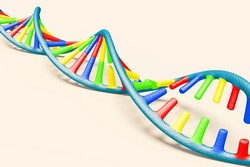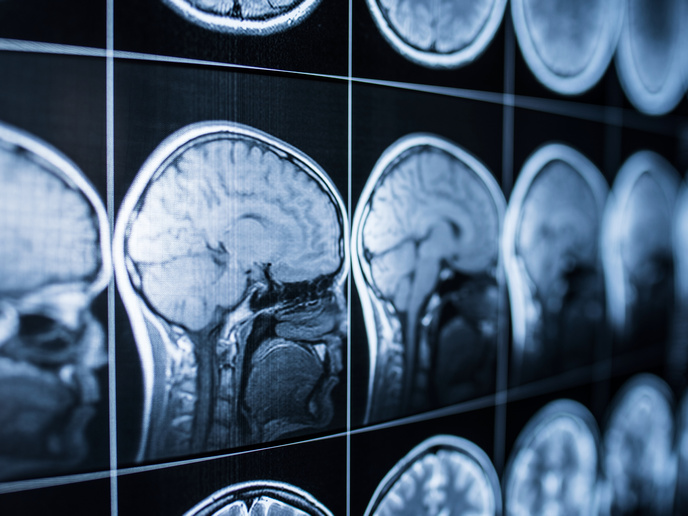Molecular determinants of replication stress
Genome integrity strictly depends on accurate and faithful transmission of genetic information between generations. To ensure correct duplication of DNA, cells have evolved complex mechanisms that tightly regulate DNA replication. Perturbation of DNA replication, also known as replication stress, is a key source of genomic instability and a principal driver of tumour development. Despite the existence of mechanisms for dealing with endogenous or environmental factors that cause replication stress, some invariably escape these repair activities and cause mutations that promote disease. The scope of the EU-funded UBIREPS (The role of ubiquitin and ubiquitin-like modifiers in replication stress) project was to identify novel components and pathways that limit the deleterious consequences of DNA replication perturbation. Scientists established an assay that identified genes specifically required for efficient DNA replication under conditions of stress. The assay combined quantitative microscopy with reverse genetics, enabling the multi-parameter analysis of single cells. The UBIREPS screen implicated 1 400 human genes and led to the identification of potential regulators of the DNA replication stress response. Furthermore, researchers investigated the processing of incompletely replicated DNA known to interfere with genome segregation during cell division. The implicated mechanisms generate DNA lesions, which get sequestered in nuclear compartments known as nuclear bodies and are marked by p53-binding protein 1(53BP1). UBIREPS researchers discovered that these lesions are repaired, and deciphered the molecular details and mechanisms regulating successful repair. Collectively, the activities of the UBIREPS study unveiled hitherto unknown mechanisms involved in maintaining genome integrity, both in immediate and in delayed responses to replication perturbation. Considering that malfunctioning of these mechanisms leads to cancer, the findings of the project point towards novel avenues for cancer treatment.







